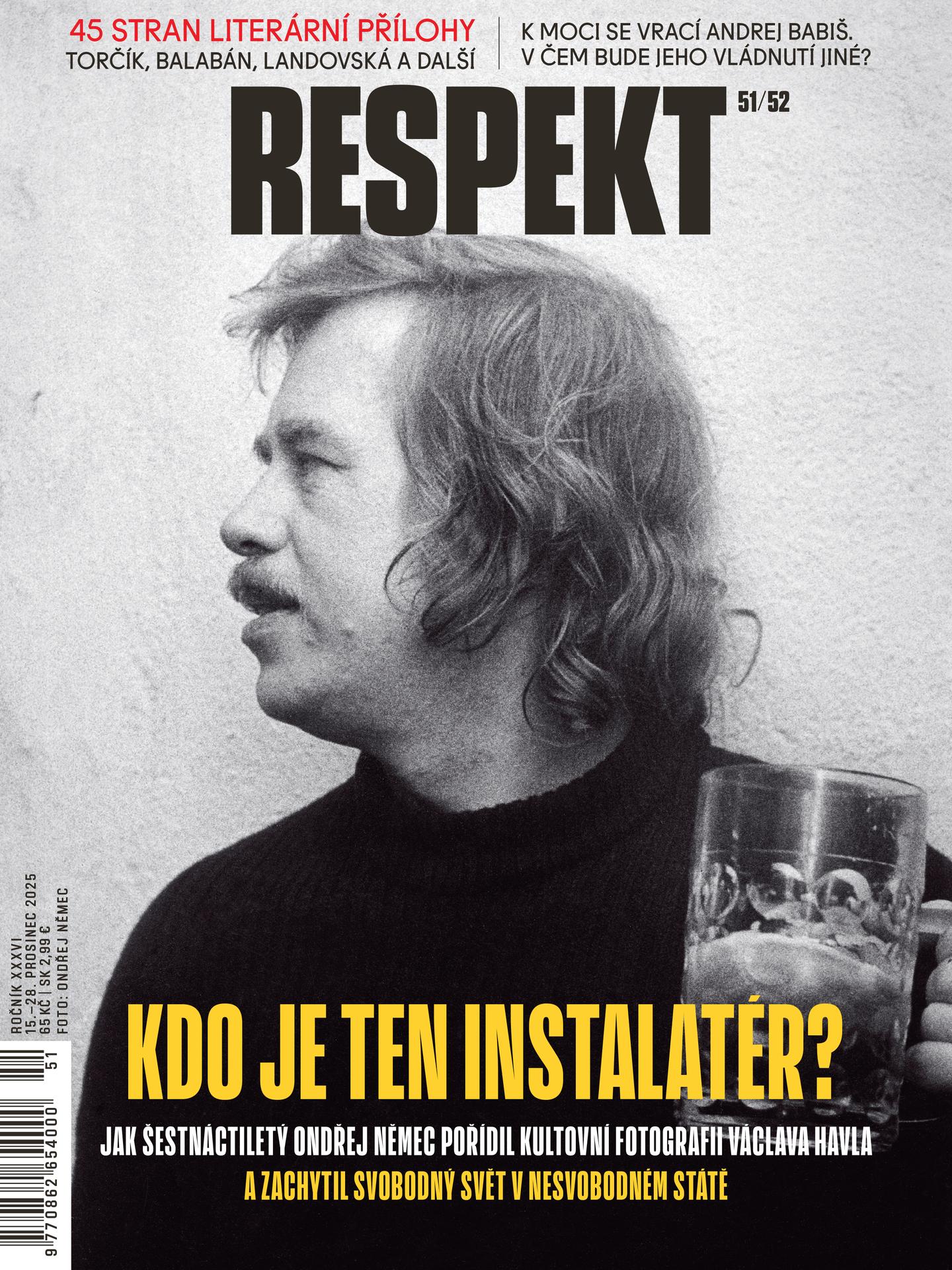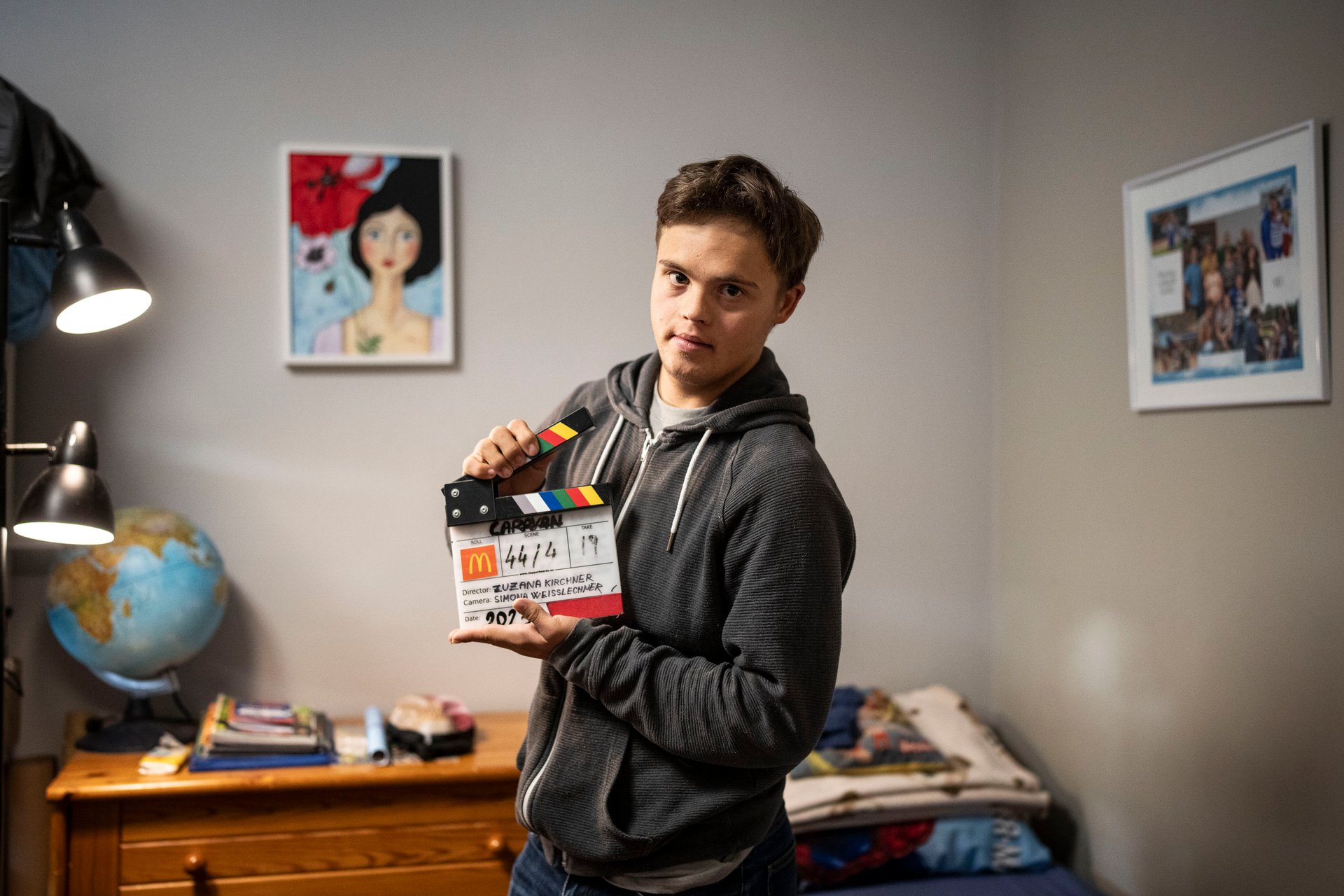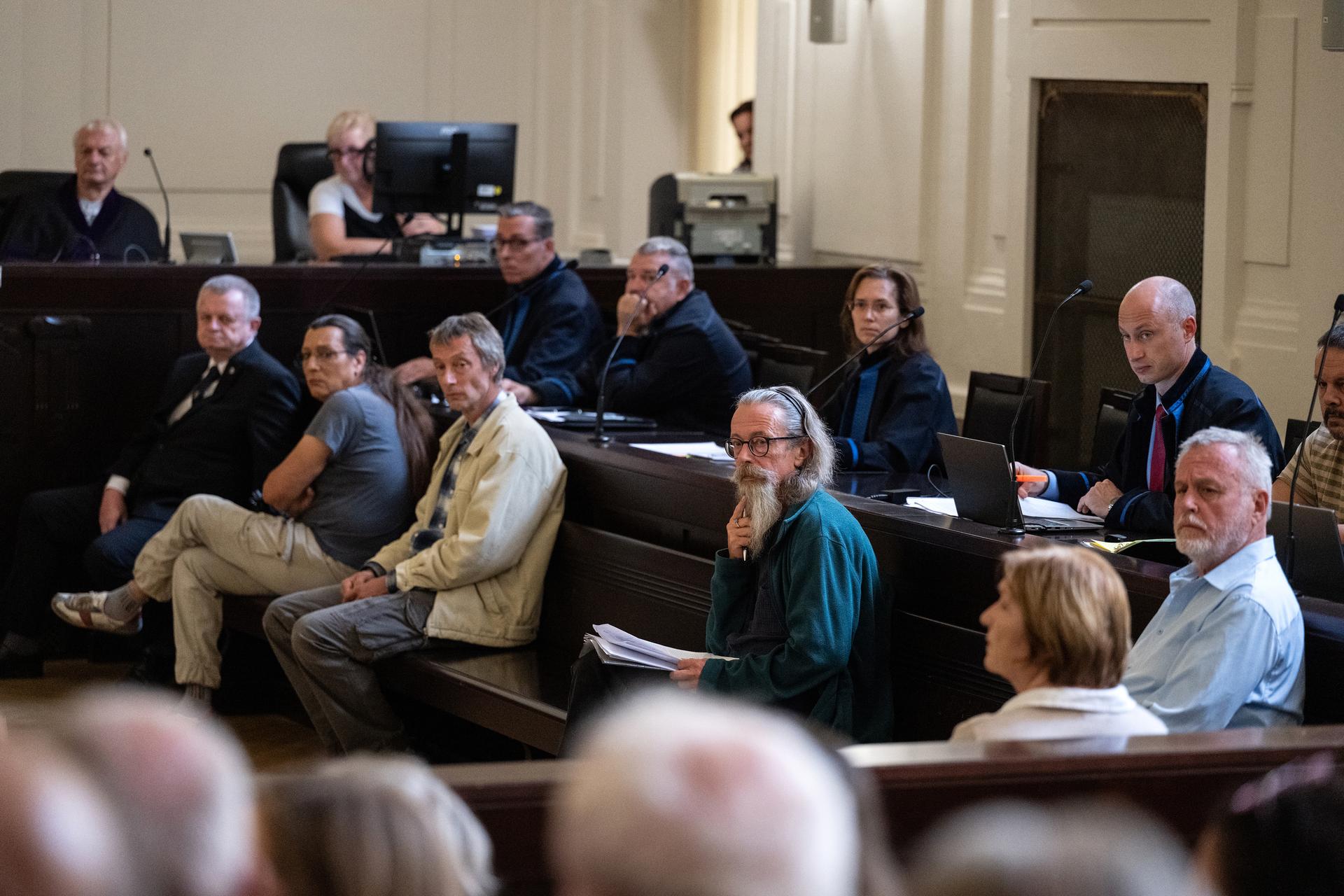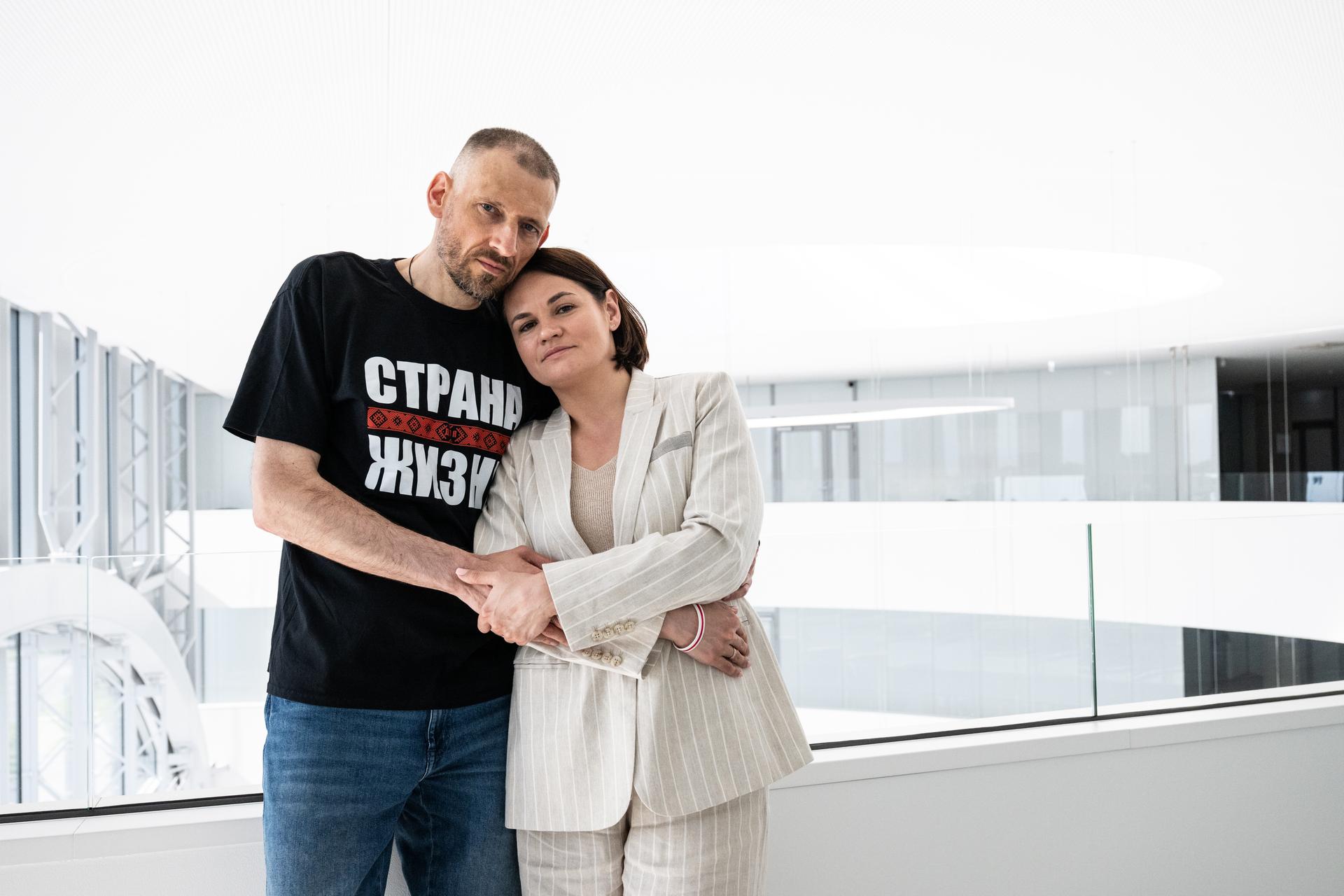There Goes the Neighbourhood
Bemoaning the gentrification of historic districts

In the 1990s it seemed that the privatisation of property in Český Krumlov was successful in all respects. The mayor refused attractive offers by German and Austrian developers who wanted to buy not only individual houses but also whole blocks of historic buildings. Instead the town hall made it possible for those who lived in the houses to buy them. These people were forced to restore the buildings, however, and consequently fell into debt. To earn their money back, they opened cafes or shops on the ground floors. Shortly afterwards, the town started to come alive.


This created a sense that the town had filled up, but, in the next phase, Český Krumlov began to empty out. This was seen first in the goods sold around town, then later in the buildings. Small historic towns in neighbouring Austria also sell various goods of bad taste, but at least there the kitsch is local. The Czech market has been infiltrated by foreign products. Besides pressed amber, Russian Matryoshka dolls and Chinese crystal, one can also find jewellery that looks as if it were made from Czech garnets, whereas in fact it is very difficult to learn the origin of the minerals in question. From time to time, Czech merchants also find Chinese tourists taking photographs of Ferda Mravenec (the character Ferda the Ant, created by Ondřej Sekora) or Josef Lada's illustrations of the Good Soldier Švejk and fear a time when all of the native folklore will be produced in Asia. It is as if the inner character of the town is changing in favour of things without soul and place.
In Krumlov, however, a new phenomenon has appeared, and it is spreading to the most beautiful parts of other historical towns. Rich people are buying beautiful old houses but not living in them. They either consider them investments, because they think a Renaissance house on the town square cannot lose its value, or they use them as second homes where they spend weekends from time to time. This happens primarily in small towns with beautiful neighbourhoods.
Town centres consequently become desolate, and when tourists and the new owners of these summer homes leave town, one walks through a well-kept but otherwise dead area with dark windows on autumn evenings. This is basically the fate of Prague's Malá Strana, where the few remaining longtime residents fear the day when a new, often Italian or Russian, owner comes and pays them fair compensation, moving them out of the neighbourhood. It would be easy to complain about capital or market conditions. The entire matter is largely in the hands of town halls, which care more about their property than people and do not require those who buy important buildings to also live in them.
Pokud jste v článku našli chybu, napište nám prosím na [email protected].










